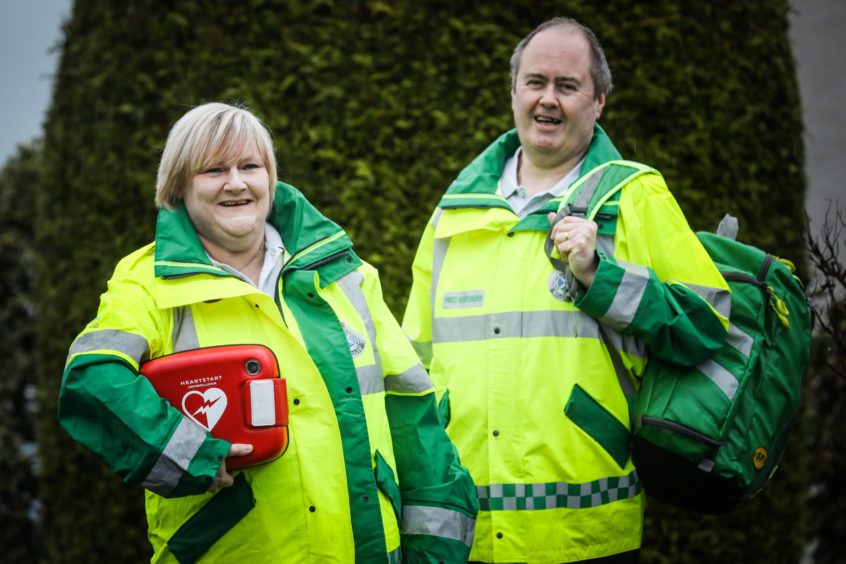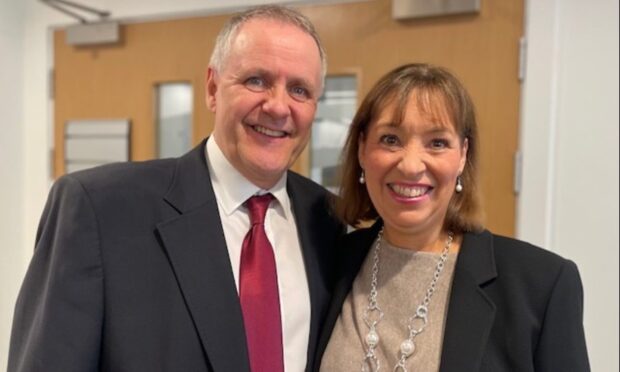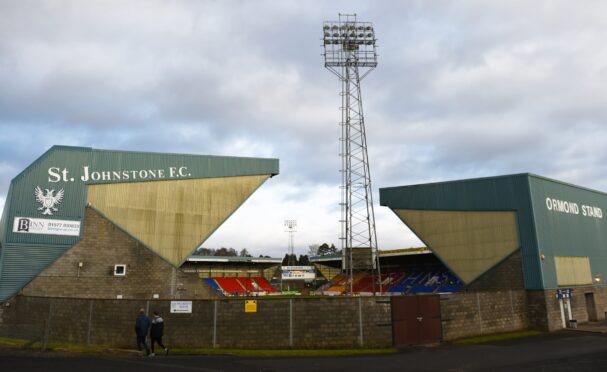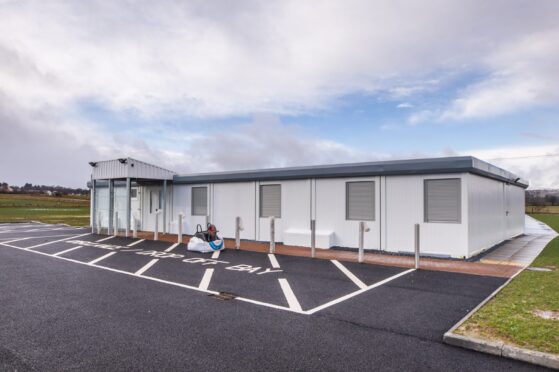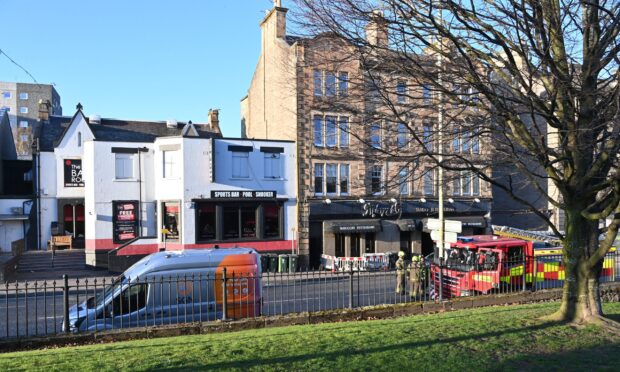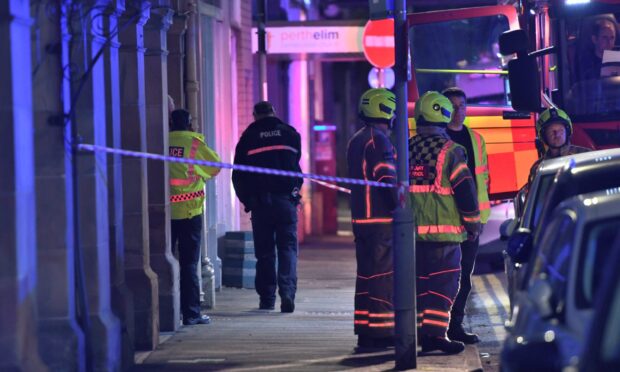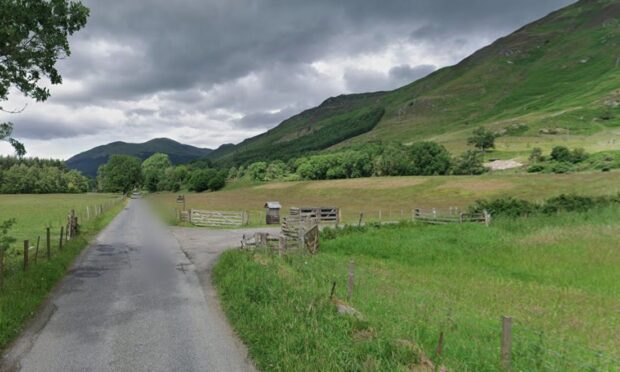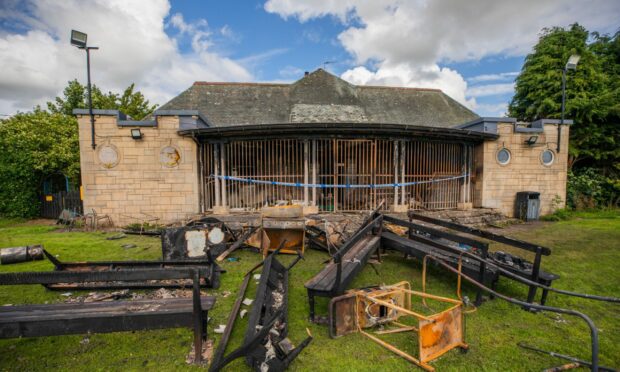A married Perthshire couple with more than nine years’ experience as first responders have backed The Courier’s campaign for first aid to be taught in schools.
Catherine and Nick Procter, both 56, are part of the team responding to life-threatening incidents as part of a Scottish Ambulance first response team.
Community responders are called out to assist people who are suffering from emergencies before paramedics arrive, and their intervention can often be the difference between life and death.
They are trained directly by the ambulance service and do not need to be first aid trained.
The duo will be dispatched all across Perth to immediately life threatening calls from people who have had heart attacks, strokes or cardiac arrests.
But Mr and Mrs Procter have decades of lifesaving behind them as they have worked with charities such as St Andrew’s First Aid and the Red Cross at the country’s largest events, such as the Commonwealth Games.
During their time as first responders and first aiders, the duo have aided people in a critical condition.
While on duty as first aiders at a local football match, the pair helped a man in his 40s after he suffered his first ever epileptic seizure in front of his family members.
But saving someone’s life in an emergency does not have to be a terrifying ordeal and can be rewarding, according to Mr and Mrs Procter.
Catherine said: “People need to learn how simple a defibrillator is to use. We are always told by people nearby how shocked they are to learn how easy it is and they don’t know why they were so scared to use it.
“The box literally does all of the thinking for you and so many lives could be saved if everyone knew this.
“This is why youngsters must learn first aid in schools while they can as it’s so easy and it will just become instinct to them.
“There’s a massive satisfaction in knowing that the last time you saw that person walking down the street, they weren’t breathing and you helped get them back on their feet.”
Life threatening emergencies are more likely to occur to someone you know so creating an army of young lifesavers can be a vital part of saving their life.
Mr Procter added: “Chances are it’s going to happen to someone you know, like a friend or family member, and you’ll have to use first aid so it’s vital you learn how to help them.
“Even when a child is not physically able to do first aid, they can talk an adult through what to do.”
